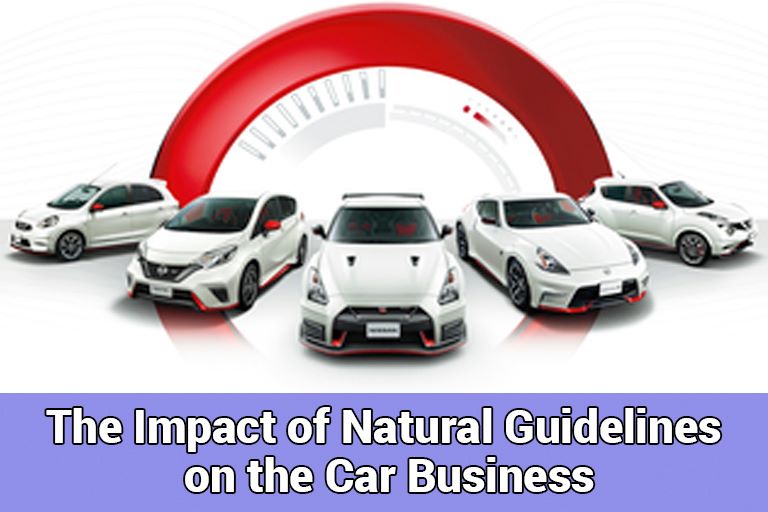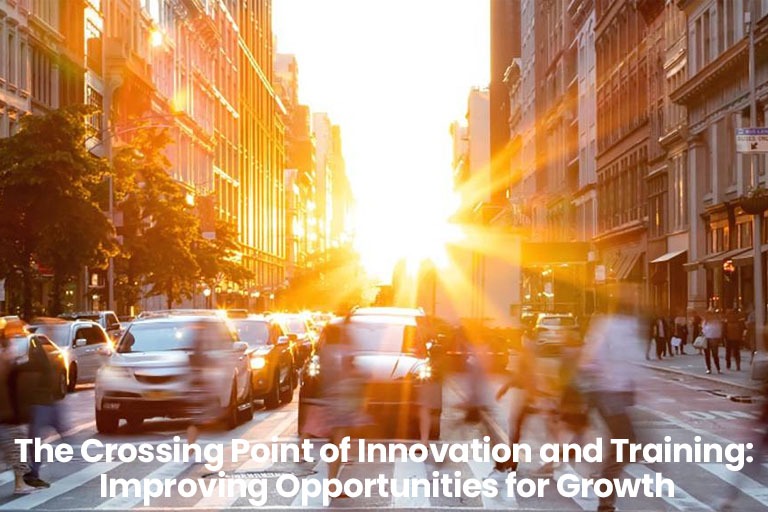
The Impact of Natural Guidelines on the Car Business
As of late, the car business has seen a huge shift towards manageability and natural obligation. This change can be to a great extent credited to the impact of rigid natural guidelines forced by states around the world. As worries about environmental change and air contamination keep on rising, policymakers are carrying out guidelines to diminish the carbon impression of vehicles and advance the reception of cleaner innovations. This article investigates the significant impact of ecological guidelines on the car business and features the subsequent changes in assembling advancement, and shopper interest.
- Stricter Emanation Principles:
One of the key ecological guidelines forming the auto business is the inconvenience of stricter outflow principles. Legislatures are progressively drawing certain lines on how much ozone-depleting substances, like carbon dioxide, are discharged by vehicles. This has prompted a change in perspective inside the business, with makers putting vigorously in innovative work to create more eco-friendly vehicles and take on elective power train advances. The ascent of half-breed and electric vehicles can be straightforwardly ascribed to these guidelines, which have boosted makers to create eco-accommodating options in contrast to customary gas-powered motors.
- Increased Spotlight on Eco-friendliness:
Close by discharge principles, natural guidelines have pushed automakers to focus on eco-friendliness. State-run administrations all over the planet have laid out guidelines like Corporate Normal Efficiency (Bistro) principles, which expect makers to meet explicit mileage focus for their armada. This has prodded the improvement of trend-setting innovations like lightweight materials, streamlined plans, and high-level motor administration frameworks. Additionally, automakers are putting resources into innovative work to work on the proficiency of gas-powered motors and investigate new impetus advances, including hydrogen energy units.
- Promotion of Electric Vehicles (EVs):
Ecological guidelines play an essential impact in speeding up the reception of electric vehicles. In numerous nations, state-run administrations offer motivators and appropriations to shoppers buying electric vehicles, making them engaging and reasonable. Furthermore, stricter outflow norms referenced before have urged automakers to put vigorously in electric vehicle advancement, bringing about the presentation of new models with further developed reach, execution, and charging framework. Accordingly, the electric vehicle market has encountered critical development, with various significant makers focusing on an all-electric future.
- Push for Supportable Assembling Practices:
Natural guidelines have affected the actual vehicles as well as the assembling processes inside the auto business. State-run administrations have carried out guidelines to advance maintainable assembling works, including the decrease of waste, energy utilization, and the utilization of earth-unsafe substances. Thus, automakers are embracing greener practices like reusing, using environmentally friendly power sources, and executing more effective creation methods. This shift towards manageability helps the climate as well as upgrades the business’ standing and brand picture.
- Changing Buyer Requests:
Natural guidelines significantly affect customer inclinations and requests. As natural mindfulness develops, purchasers are progressively disposed to pick eco-accommodating vehicles that line up with their qualities. This has prompted flood popularity for electric and mixture vehicles, compelling automakers to as needs change their item portfolios. Moreover, customers are likewise putting more noteworthy significance on supportability and the ecological effect of assembling processes. This has incited automakers to integrate manageability as a central component of their promoting techniques and item separation.
- Investment in Innovative work:
Ecological guidelines have incited automakers to distribute huge assets to innovative work (Research and Development) endeavors. Makers are putting resources into state-of-the-art advances and investigating new roads to meet the administrative prerequisites while remaining serious on the lookout. Research and development drives center around creating progressed materials, battery advancements, and electric drive trains to further develop vehicle execution, range, and charging foundations. The accentuation on Research and development has prompted cooperative endeavors between automakers, providers, and innovation organizations to drive advancement in the business.
- Collaborations and Organizations:
Ecological guidelines have empowered coordinated efforts and organizations between car makers, innovation organizations, and energy suppliers. To meet the prerequisites of stricter discharge principles and advance the reception of electric vehicles, automakers have shaped collusions with battery makers, charging framework suppliers, and sustainable power organizations. These coordinated efforts work with information sharing, joint examination, and the advancement of far-reaching answers to speed up the progress toward reasonable transportation.
- Global Market Elements:
Natural guidelines fluctuate across nations and districts, making a mind-boggling scene for automakers. Consistency with various arrangements of guidelines can require significant alterations to vehicle plans and assembling processes. Accordingly, automakers should explore shifting administrative systems, adjust their items to various business sectors, and put resources into restricted creation offices. This pattern has led to an all the more worldwide interconnected auto industry, with organizations looking to use their skill and assets across different districts.
- Reshaping Inventory Chains:
Natural guidelines have impacted the auto producers themselves as well as reshaped the whole store network. As the interest in manageable parts and materials develops, providers are feeling the squeeze to convey eco-accommodating arrangements. Automakers are working intimately with providers to guarantee the obtaining of naturally capable materials, diminish waste, and improve energy productivity all through the store network. These progressions require a nearer coordinated effort, straightforwardness, and maintainability accreditations among providers to meet the administrative and buyer assumptions.
- Job Market and Labor Force Change:
The impact of natural guidelines on the auto business has prompted a change in the gig market and the expected ranges of abilities. As the business shifts towards electric and cross-breed vehicles, there is a developing interest for specialists, professionals, and laborers with skills in electric drive trains, battery innovation, and programming mix. To adjust to these evolving elements, organizations are putting resources into preparing projects and organizations with instructive foundations to foster a gifted labor force fit for meeting the developing necessities of the business.
Conclusion:
Ecological guidelines have significantly formed the auto business, driving producers to focus on supportability, put resources into innovative work, and embrace elective impetus advances. These guidelines have not just brought about a greener and more reasonable industry yet have likewise invigorated advancement, foundation improvement, and financial development. The proceeded with development of ecological guidelines will keep on controlling the auto business toward an eventual fate of cleaner, more productive, and naturally dependable transportation. By embracing these guidelines as any open doors for development and progress, automakers can flourish in the changing scene and add to a maintainable future.
Read more – Edge Processing: Carrying Figuring Power Nearer to the Source
Read more – Style As the decades progressed: Returning to the Past and Molding What’s in store



